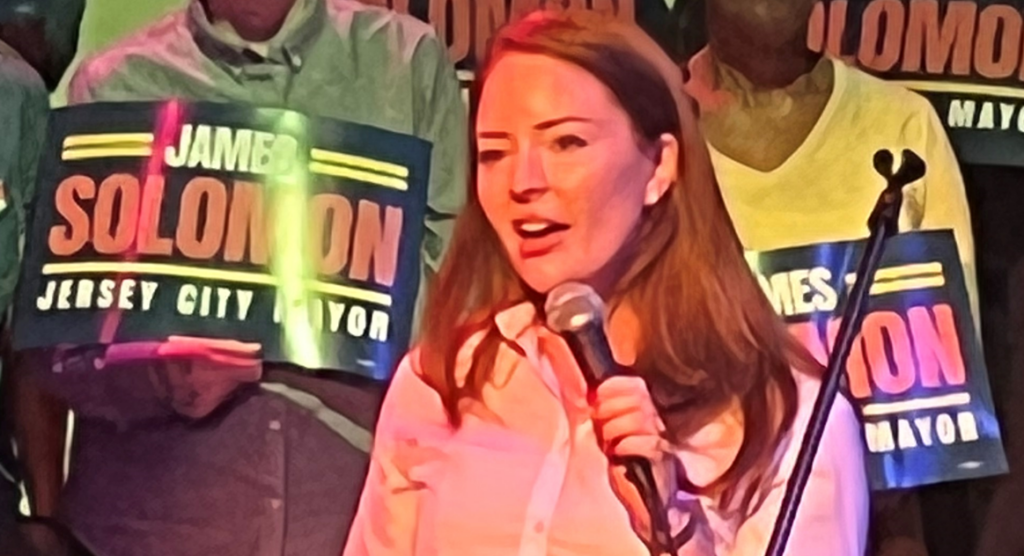New Ballot Design Questions Dog Assembly Committee

Katie Brennan says that when she tells people she plans to run for the state Assembly, some are excited to hear the news.
Others, she says, have questions.
Like, are you running with anyone else? Are you running with the party?
Those asking, generally speaking, are those who know how politics traditionally has been played in New Jersey. That is, if you want to run, you cozy up to the party bosses for support.
That tradition may end soon.
The power of county party leaders stems from how primary election ballots are compiled. The custom has been for county leaders to endorse candidates and give them a preferential spot on the ballot - the infamous "county line." This usually means their names are listed in the first, or A, column under the banner of the local party.
Those not endorsed often wind up on the far side or bottom of the ballot, or what is called "ballot Siberia."
Andy Kim challenged the system earlier this year and won his case in federal court. So, "the line" disappeared in last June's primary, but only for Democrats. Talk about an odd ruling.
Still, the court ruling has prompted a bipartisan attempt to draw up ballots that no longer give advantages to those backed by party leaders in all 21 counties.
That brought us a zoom meeting Monday night of an Assembly Select Committee on new ballot design.
It was here that Brennan, who plans to run in LD-32 covering Hoboken and parts of Jersey City, told her story.
She was not alone.
More than a dozen people addressed the committee, which is co-chaired by Democrat Benjie Wimberly and Republican Al Barlas.
All were in general agreement: New Jersey should have a primary ballot that simply lists the names of candidates under the office they are seeking. Actual ballot positions are drawn by county clerks.
The sentiment was clear: Instead of giving candidates the advantage of good ballot placement, let them earn an advantage through their campaigning. .
"We must do better by the people of this state," was one comment.
Others were a bit more pointed. One speaker said the current system encourages candidates "to kiss the ring" of the party chair.
Kim was the star of the show.
Back when his legal challenge began he was merely a congressman running for the U.S. Senate against the First Lady,
Now he's the Senator-elect, and with that, came the privilege of speaking first.
"Every candidate should be treated the same (on the ballot)," he said.
Kim said that means no grouping of like-minded candidates and no bolded names. And no asterisks - no nothing.
Wimberly said after about two hours of public comment that the committee will work together to come up with a new ballot. Besides being fairer, he said he hopes a new design may increase voter turnout. Some were skeptical about that.
Questioning how ballots are compiled in the state began as a liberal challenge to the status quo.
Now, thanks to legal wins and Kim's success, it seems to have gone mainstream.
Let's see how long that lasts.





